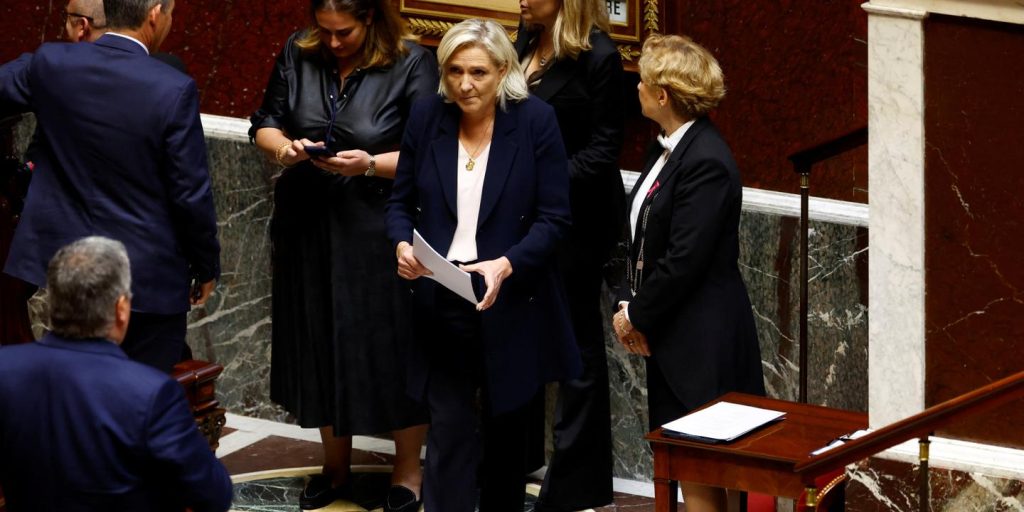The members of the committee for social affairs unanimously rejected the revenue section of the 2025 Social Security budget proposal, causing the entire text to fall. Key measures, such as the restructuring of employer contributions and the freezing of retirement pensions to save 4 billion euros each, had already been eliminated earlier in the week. The deputies also rejected the spending target for Health Insurance, a cornerstone of the text. They will restart on Monday in the plenary session with the original version of the bill. The left-wing has also managed to pass various taxes on billionaires’ wealth, superprofits, dividends, and “golden retirements” to replenish the coffers with billions of euros in additional resources. These significant changes led the committee to reject the revenue portion of the text on Thursday before voting against the spending part.
This unprecedented situation demonstrates that there is no pilot in the aircraft, according to the socialist Jérôme Guedj, who is concerned that the executive branch has not provided any landing point. The Green Party member Sandrine Rousseau highlighted that there is a significant uprising that goes beyond the New Popular Front and hoped that the government would listen. The “unsubmissive” Hadrien Clouet emphasized that Michel Barnier’s budget had no support when it arrived in the committee and now it only has opponents. The macronist Stéphanie Rist stated that different groups have come together in a non-voting stance and that the text needs to be revised and amended to be passed.
The deadlines are very tight, as deputies have until 5 pm on Friday to submit their amendments for the public session. The debate in the plenary will resume on Monday with the original version of the bill. Overall, the rejection of the Social Security budget proposal by the committee members shows a significant disagreement among political factions in the government. The rejection of key measures such as restructuring employer contributions and freezing retirement pensions highlight a lack of consensus on the best way to manage the country’s social security finances. The left-wing’s promotion of taxes on billionaires and superprofits as a way to generate additional revenue also adds to the complexity of this budget proposal.
The rejection of both the revenue and spending parts of the Social Security budget proposal by the committee members signifies a deep division within the government regarding fiscal policy and social welfare expenditures. The comment from the socialist Jérôme Guedj, expressing concern about the lack of direction from the executive branch, indicates a lack of leadership and decision-making in resolving the budgetary issues. The rejection has led to a call for revising the text and making amendments to ensure its passage in the subsequent deliberations. This rejection and subsequent amendments process demonstrate the complex and challenging nature of managing social security finances in a politically divided environment.


